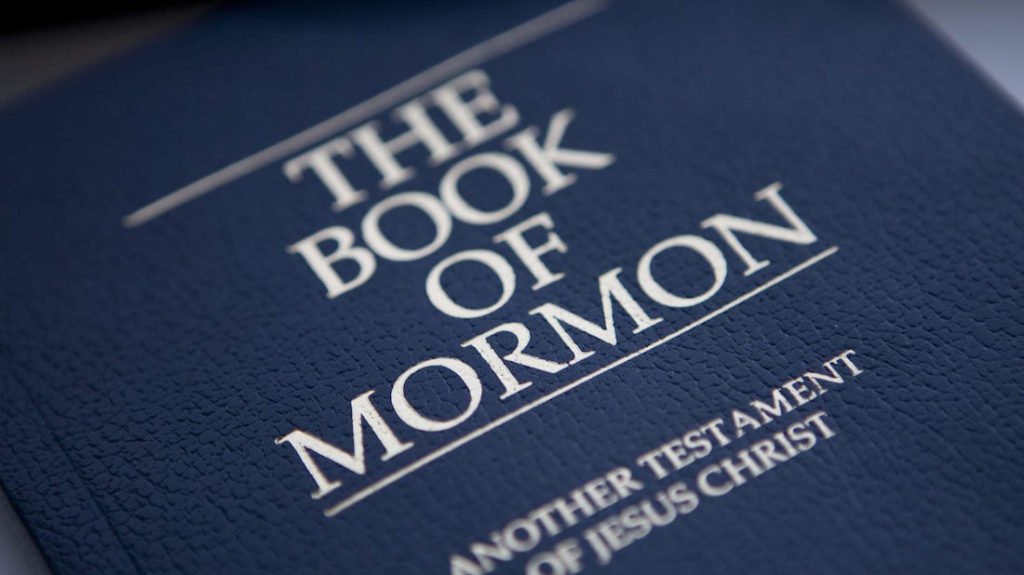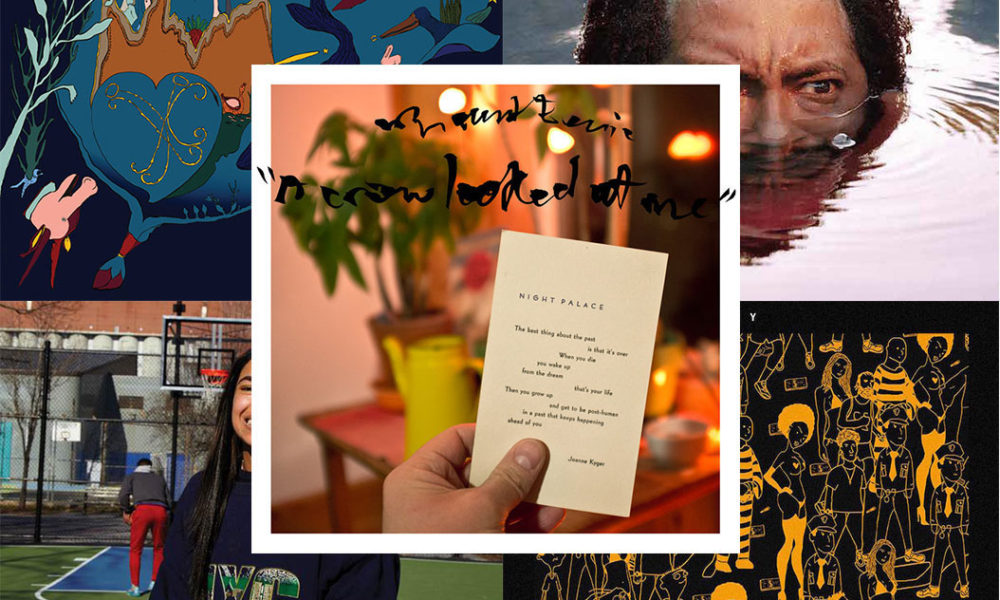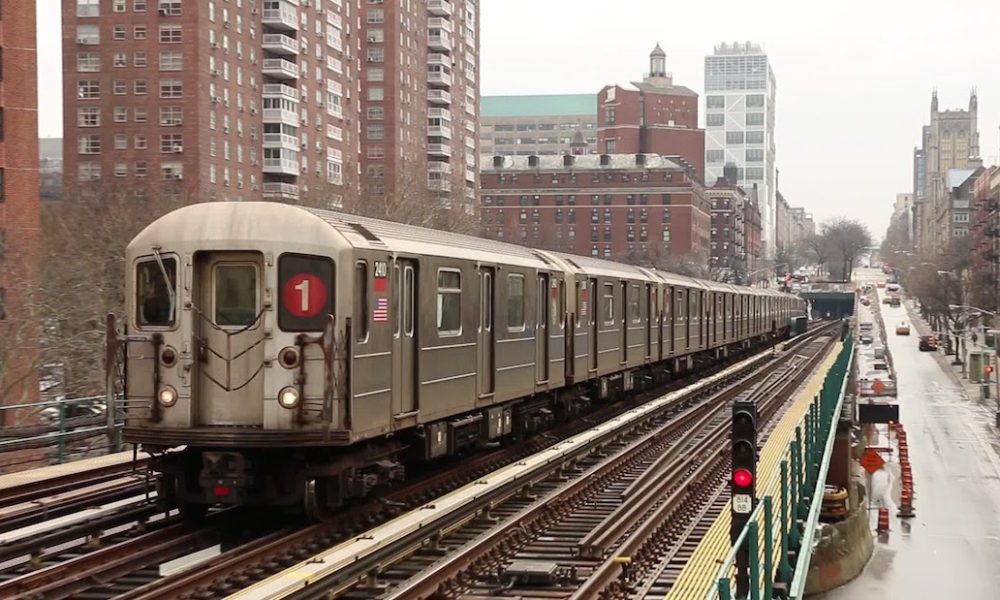When Brianna Reed tells anyone that she has eight siblings, the reaction is always the same: a set of stunned eyes and maybe the occasional “Woah” thrown in. But what she tells them afterward always seems to justify the large number.
“My family was Mormon.”
That statement is normally followed by nodding heads and “Woahs” turn into “Oooohhhhs.”
However, there is something that sets 21-year-old Brianna and her family apart. Just five years ago, after careful planning, Brianna’s parents and eight brothers and sisters left the Church of Jesus Christ of Latter Day Saints.
Approximately 16 million people practice Mormonism worldwide, most of them being outside the United States. For such a young religion (officially established in 1830) it is considered one of the fastest growing religions in the world. The religion is known for its beliefs of cutting out caffeine, alcohol, drugs, and body ink. However, it’s not uncommon for people to fade away from the religion they were raised in. In fact, according to a 2016 Pew Research study, 78% of Americans who were raised with faith don’t identify with any religion in adulthood.
Meeting her now, no one would guess Mormonism was a part of Brianna’s past. She sometimes swears, has the occasional drink, is a huge ally to the LGBTQA* community, and considers herself a feminist. The person she is today is someone who would likely be denounced by the Mormon community.
Even her parents don’t reveal their past religion. Her mom has colorful hair of blues and purples and wears tank tops, her dad cracks jokes with curse words weaved in. They both don’t shy away from topics considered taboo by the church such as sex, sexuality, tattoos, and drugs. But they certainly weren’t always like this.
The Reed family let go of Mormonism shortly after experiencing some family hardship. Kendall, Brianna’s father, went straight into the workforce with just a high school diploma. He was lucky enough to get a job in fiber optics and supported his family until 2012 when he was let go. Kendall decided to move the family from Seattle, back to his home state of Utah where so he could enroll in classes at Utah Valley University.
There, he took an anthropology class that opened his eyes. Before this, Brianna said her father had never really learned about other cultures. In that class, he was exposed he was exposed to religions in different connotations for the first time.
“He [Kendall] said, ‘You know some things just don’t make sense the way they are teaching us.’ You’re not supposed to question it but he questioned it anyway and then we started letting go of that culture,” Brianna said.
Brianna’s family had their doubts, especially her father. He was raised Mormon and was always the driving force in their family behind church.
“Church was on Wednesdays and Sundays, plus meetings and planning ward activities. It took up a lot of time,” Brianna said. “As we started to pull away, we had family conversations about how we could choose. We don’t have to be a Mormon even though that’s how we were raised” Brianna said.
But around 15 years old during a Sunday church lesson, Brianna realized the religion wasn’t for her. Her class was discussing expectations for women, particularly those of being a good housewife.
“I started realizing all these gender roles that they were reinforcing that no one saw a problem with…If you want to be a good housewife, that’s great. Why do we not get to learn about other things?” Brianna said.
When the subject of homosexuality came up in church lessons and suggestions were made on helping your gay friends by pushing them into a reform camps (a kind of getaway meant to “restore” heterosexuality), Brianna had reached the end of her rope.
“I started getting mad. There was nothing I could say to change their minds and even if I did it could be a huge detriment to my family.”
According to Brianna, guilt and gossip were very big aspects of the church. She remembered a time when she went to see the Sherlock Holmes movie with a group of friends who were not practicing Mormons. It was a midnight showing and she nervously went to go get Starbucks with her friends to prepare for the evening’s festivities.
“I remember looking around to see if anyone I knew saw me holding this coffee. And I thought about it for like weeks after that, like ‘I had coffee,’” she said. “It’s this big shamed based religion and that’s how they keep a lot of people in line. Because you genuinely feel bad when you’re not doing what you’ve thought your whole life you need to be doing because of the church.”
This is most evident through the sacrament (in the form of bread) received during the three hours of required service every Sunday. One way a member of the church won’t receive the sacrament is through confession. If you feel you have sinned, you confess to the bishop who tells you your length of repentance or amount of time you feel remorse. The “repentance” is not receiving sacrament and is exposed for the entire church. Naturally, assumptions are made about your sinful behavior and gossip ensues.
Her family experienced the full force of gossip when her dad left the family for Syracuse University for his Master’s degree. While her mom, Monica, was working two full time jobs and going to school, she started to received letters from church members.
“People think that they are giving you life advice that they aren’t comfortable giving you in person, but really they are just writing hate mail,” Brianna said. The letters the Reed family received were scathing criticisms from church members. One sent to her father said ‘You should be ashamed of yourself for going to school. You’re away from home, you should be home with your kids.’ Another one sent to her family said ‘I saw Brianna wearing a shirt that was not covering her shoulders. Your children are gonna go to hell cause you’re not around to stop it’
After her family finally moved away from Utah, Brianna’s dad received his Master’s degree and got a job in Schenectady, NY. The family stopped going to church all together and left Mormonism behind.
Brianna said she is very open and honest about her experiences within the Church of Jesus Christ of Latter Day Saints: the good, bad and certainly the ugly. Growing up in such a restrictive culture, it may seem surprising to some that she studies Anthropology. But she says the Mormon church played a role in choosing that major.
“[Mormonism] really sent me into the state of mind where I could understand that everyone has their own truths and sets of moral adherences. None of those perspectives are concretely wrong or right, they’re just different”
However, for right now, Brianna has no real interest in practicing religion outside of her Anthropological lenses.
“It has definitely turned me off to all other kinds of religion. Not because I don’t believe in God, I just don’t know anything. Religion is a construct of society. Right now I am trying to experience the world without religion and maybe it’ll come back, but I don’t know, for right now, it’s a no.”




Comments are closed.